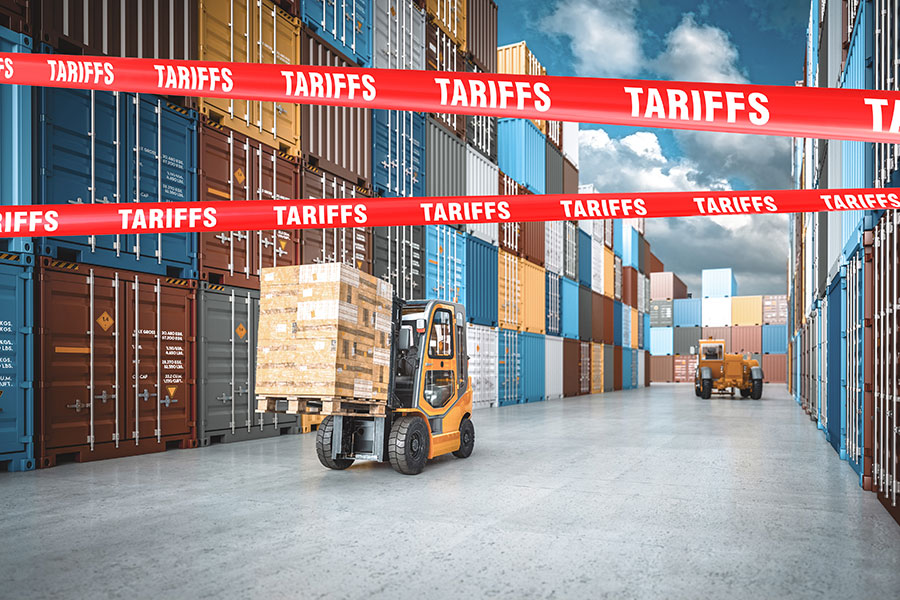Ibec's Global Compass report Navigating Polarisation: Business Leadership in a Fragmented World explores how businesses can lead through growing ideological and cultural divides—not by avoiding complexity, but by adapting to it.
The rules are shifting faster than ever. Tariffs, subsidies, ESG mandates, AI regulation—policy environments are becoming more reactive, politicised, and uncertain.
The economic cost of this volatility is measurable. Allianz and Oxford Economics estimate that a 10–20% fall in consumer confidence could erase up to €190bn in US spending and €90bn in the Eurozone over four years.
The impact is real, but the ecosystem presents complex elements that decision-makers must address.
The acceleration of news, the constant noise on social media, and the pressure to take a position in real time have created a saturated environment where everything seems urgent and ideological, but little seems certain or reliable.
Some companies feel the urgency to express themselves and engage in the face of every crisis, policy shift, or trend, and can inadvertently become participants in the very feedback loop they are trying to navigate.
Conversely, other organisations suffer from the opposite: the fear of being the target of criticism or of political exposure leads them to opt for silence, even when they have the legitimacy, technical knowledge, or credibility to intervene clearly and contribute to the policy debate.
In this noisy context, there is growing pressure on companies to “take a stand” or intervene in real time.
Yet haste is not strategy—disciplined engagement is the new leadership edge.

Recent studies from the Harvard Business Review indicate that responding quickly can be a strength, but only when there is authenticity.
Furthermore, the research showed that quick responses and positioning helped companies appear more genuine on low-stakes topics, but when it came to highly polarising issues, being vocal did not always deliver the same advantage.
With high stakes at the table, corporate leadership needs to pivot towards a more organised engagement architecture.
The answer is not to speak more or less—but to speak smarter.
Structured decision-making frameworks that assess strategic alignment, policy longevity, and audience expectations are essential.
Issues should be filtered for substance, not noise.
This checkpoint can help discern if leaders face a trend that will shape public policy in the medium-long run or if it is a partisan dispute that may disappear after the next election or news cycle.
“Haste is not strategy—disciplined engagement is the new leadership edge.”
By placing the substance at the core of the decision-making, corporations can avoid overreactions while not underestimating profound changes that warrant involvement.
In times of polarisation, not everything deserves an immediate response, but everything deserves an assessment and calibrated position.
Mastering this interplay will unlock the tangible benefits in the long run.
READ MORE FROM THIS REPORT:
Polarised Societies, Real Business Risks
New Political Realities: Redrawing the Map of Influence
Trust: The Strategic Asset in a Distrustful World
Get In Touch
Email: Ibecglobal@ibec.ie
LinkedIn: https://www.linkedin.com/showcase/ibecglobal
X: @Ibec Global
Bluesky: @ibecglobal.bsky.social










